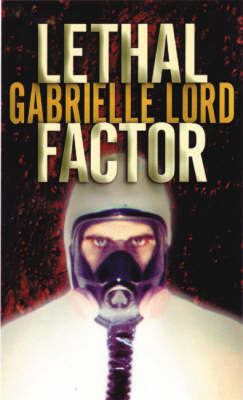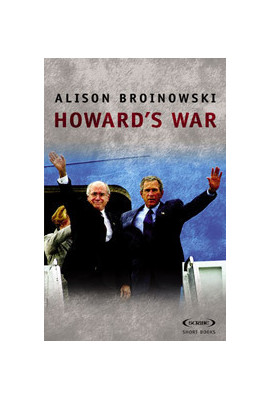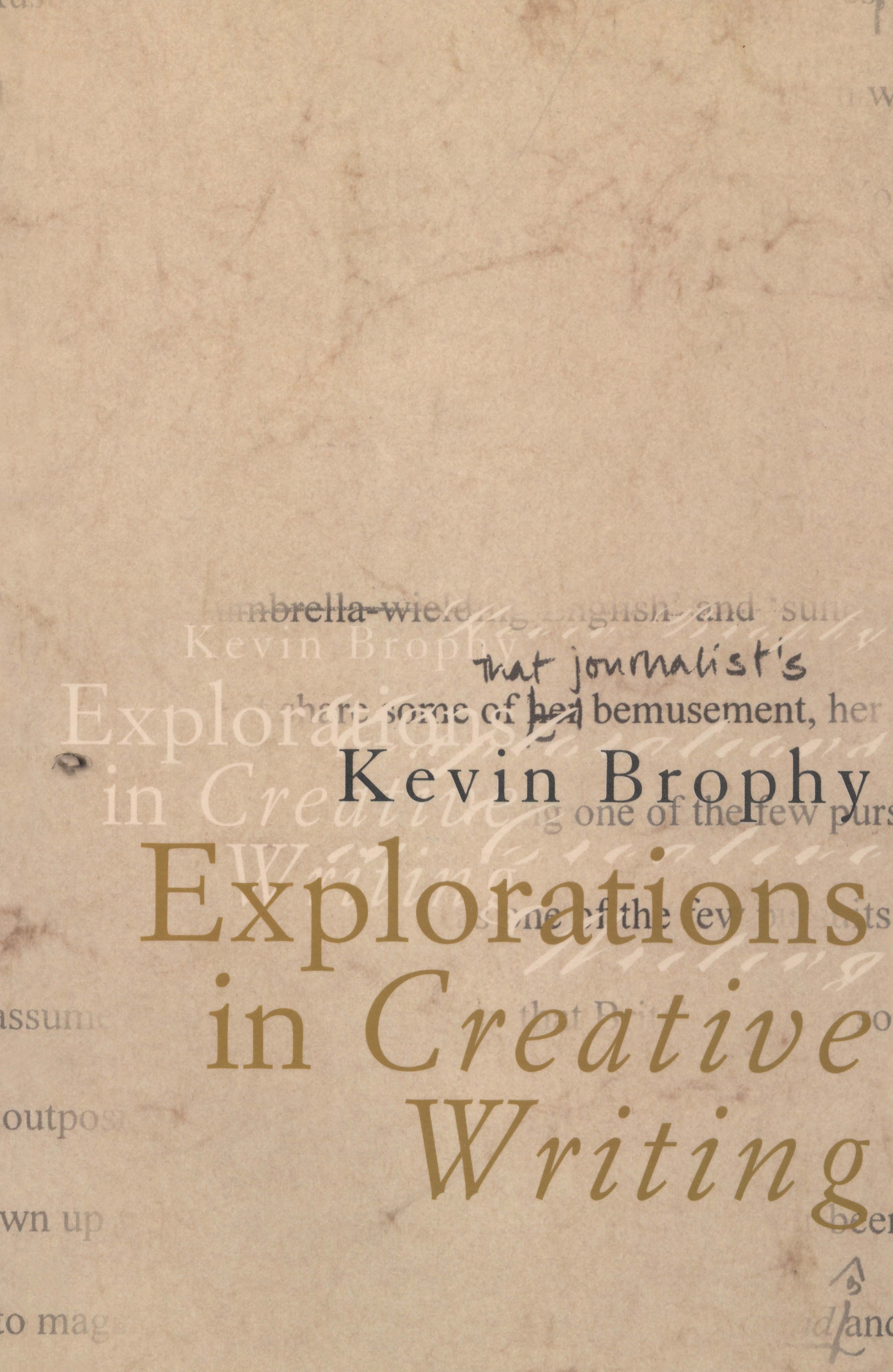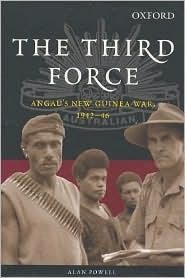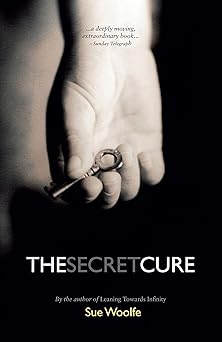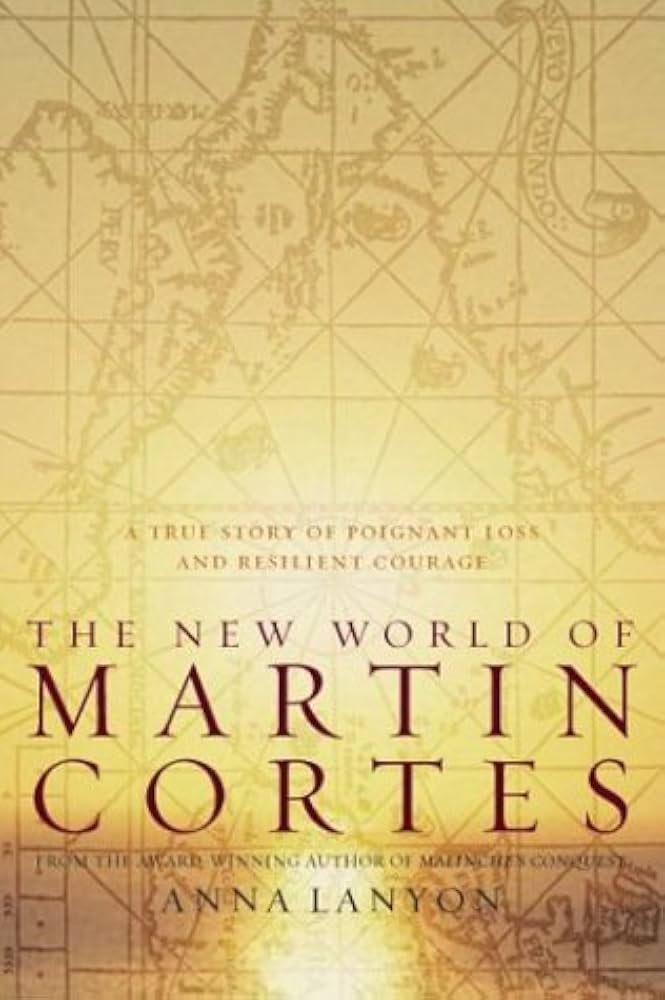Archive
When Miles Franklin received her six complimentary author’s copies of My Brilliant Career in September 1901 at her family’s property, Stillwater, twenty kilometres south-west of Goulburn, she was a few weeks short of her twenty-second birthday. It must have been a moment of intense pride to hold the sturdily bound copy of her first novel, published by the distinguished Edinburgh firm of William Blackwood & Sons.
... (read more)A few weeks ago, I went to see a painting in Branford, Connecticut. The owners live in a large house surrounded by woods. The picture is a fine copy of an early seventeenth-century portrait by Anthony Van Dyck. From my precarious vantage point on top of a wobbly stepladder, the canvas appeared to be machine-woven, which means that it cannot have been made, or paint applied to it, before the 1820s. Fortunately, the owners already know this, and are philosophical.
... (read more)Is anti-Americanism one of the last respectable prejudices in Australia, or are cries of anti-Americanism a way of silencing reasonable criticism? At the risk of being injured while straddling the fence, I will argue that, although the Bush administration has often behaved like an imperial bully-boy, the US has become the whipping boy for the anxieties of many nations and people. A broad anti-Americanism seems on the rise among Australians, possibly due to the resentment many feel about US power and the policies of this administration. Although I sympathise with many of its critics, the associated slide of many Australians into anti-Americanism is unfortunate. Presidents come and go, but America’s importance in our world and imaginations is much greater. Besides, the US is far too diverse to hate.
... (read more)The Third Force: Angau’s New Guinea War 1942-46 by Alan Powell
for Susan
Between non capisco and dimentico
we learn to speak a little: our history
always taking place in the present tense.
Between mistranslations
you’re still not sure he meant it.
‘I mean it,’
he said. ‘I want to work in Canada.
I have a nice face – why won’t you marry me?’

